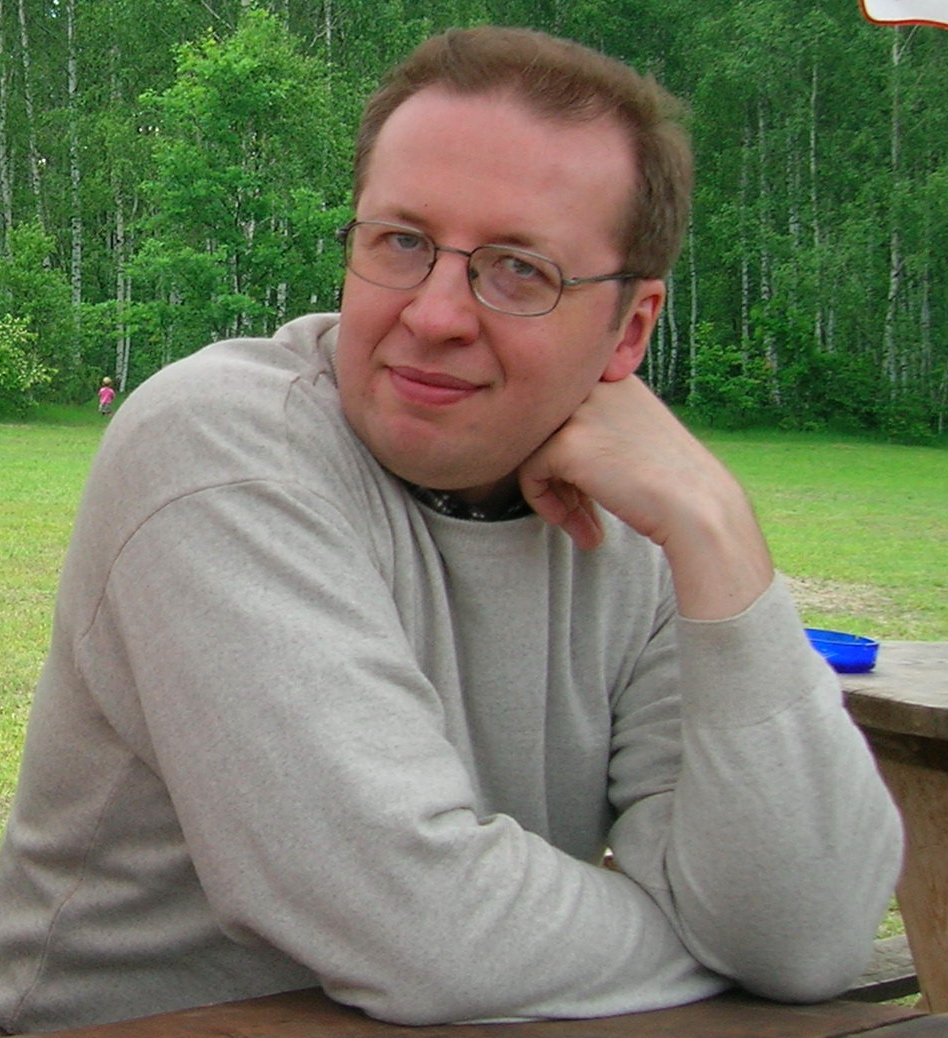| Outline of research interests
My research interests are
associated with the many-body quantum systems, such
as atomic nuclei, atoms, molecules and atomic clusters.
The great variety of quantum-mechanical phenomena that
abound in these systems make them the unique
laboratories for testing quantum mechanics, while
their complexity poses an unprecedented challenge for
the theory.
See various movies here
|
|
In
particular my research interests concern:
Physics of cold atomic gases:
superfluidity, thermodynamics, exotic phases,
Bose-Einstein
Condensation (BEC), physics of BEC-BCS
crossover, dynamics of superfluid vortices, viscosity.
Physics of atomic nuclei: structure of atomic
nuclei at extreme conditions: high angular momenta,
exotic deformations, large mass numbers, large neutron
to proton ratio.
Nuclear
dynamics: fission & fusion, induced
fission, low energy reactions.
Neutron stars:
structure and stability issues, superfluid properties.
Concerning general
theoretical issues related to quantum many body
systems:
- Path Integral Monte Carlo approach to strongly
correlated Fermi systems
- Density Functional Theory (static and time-dependent)
- Non-linear dynamics, chaotic motion,
semiclassical methods,
- Non-equilibrium statistical mechanics
(transport theory)
My research requires usage of the fastest supercomputers in the world. Currently I have access to
the following machines:
- Titan (Oak Ridge National Laboratory, USA) - hybrid architecture: CPU+GPU, 20PFlops (ranked 1 on TOP500 when built)
- NERSC machines (USA): Edison and Cori (both CPU Cray machines)
- Okeanos: CPU Cray machine at Interdisciplinary Center for Mathematical and Computational Modelling
- Supercomputer at NCBJ Swierk Computing Center (CPU machine, about 500TFlops, ranked 155th on TOP500)
- TSUBAME at the GSIC Center at the Tokyo Institute of Technology - hybrid architecture: CPU+GPU (ranked 5th on TOP500 in 2011, 5.7PFlops)
- Piz Daint at Swiss National Supercomputing Centre - hybrid architecture: CPU + GPU (7.787 PFlops)
- HA-PACS at the University of Tsukuba, Japan - hybrid architecture: CPU+GPU
- DWARF at the Warsaw University of Technology - GPU cluster (our own machine, 33TFlops)
|

